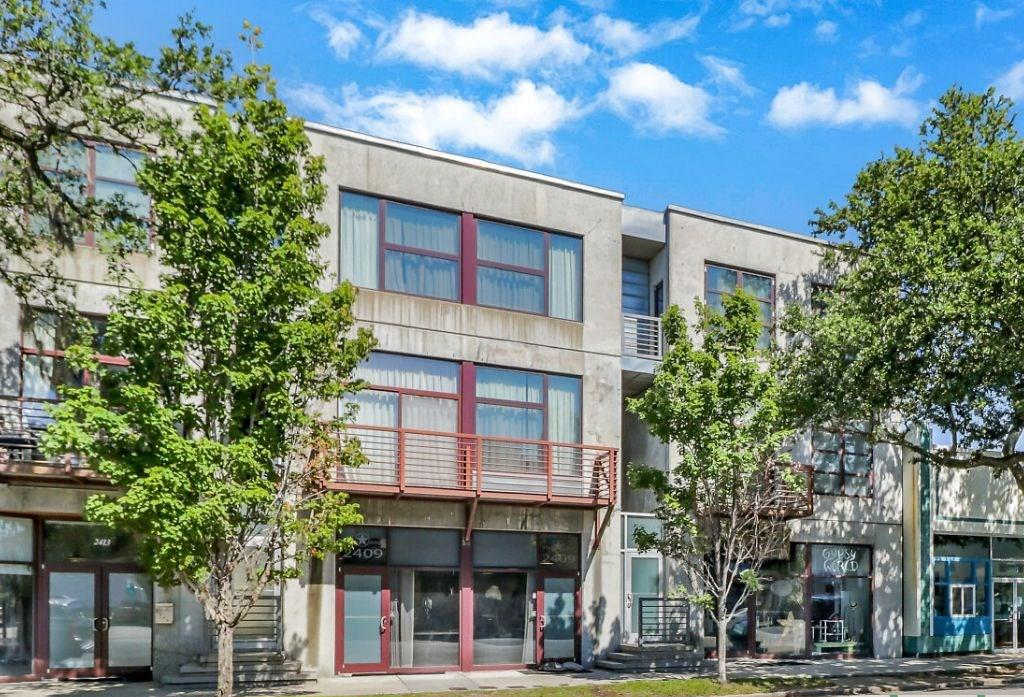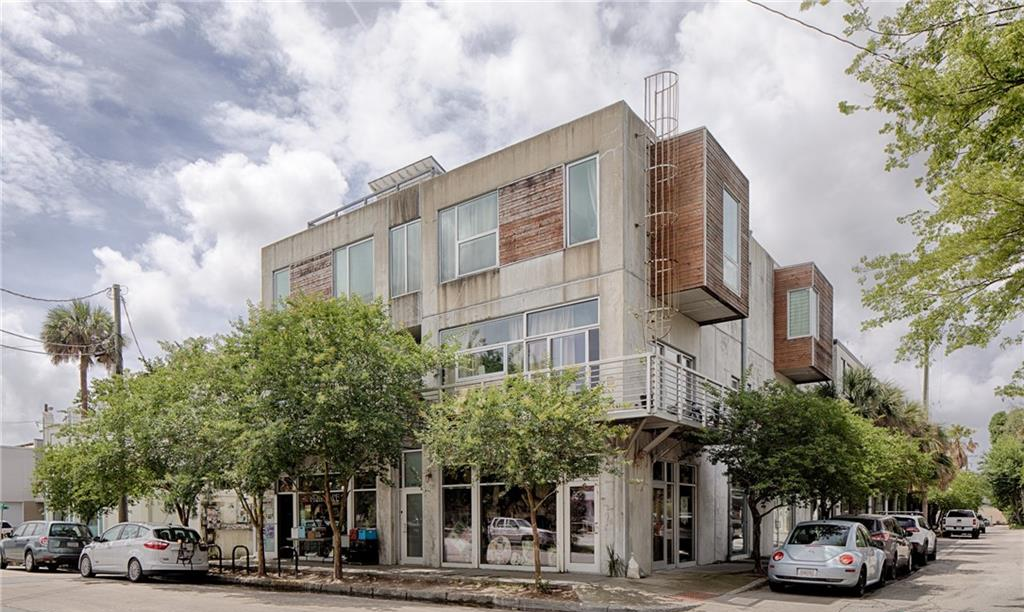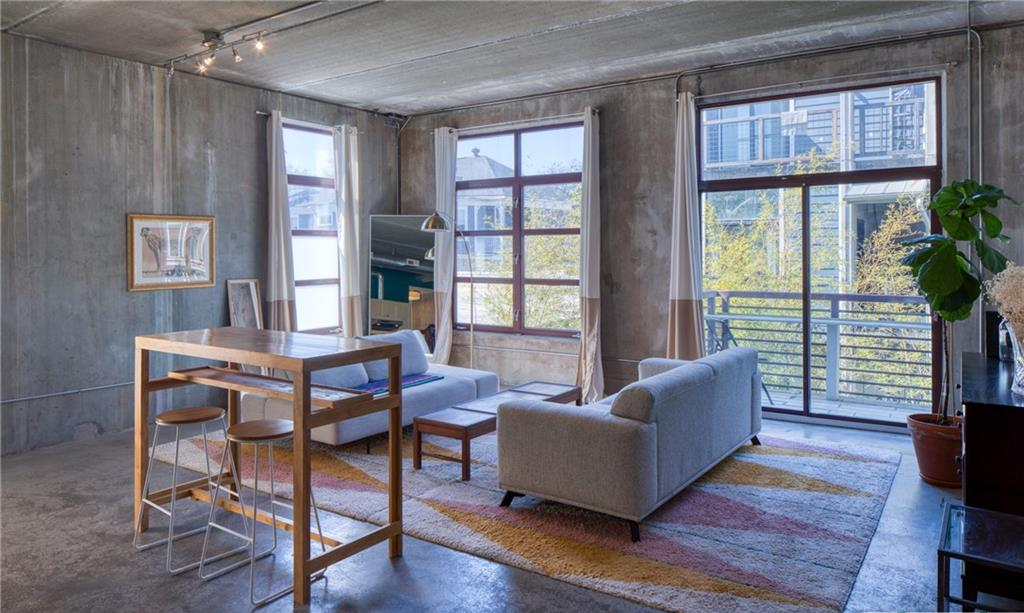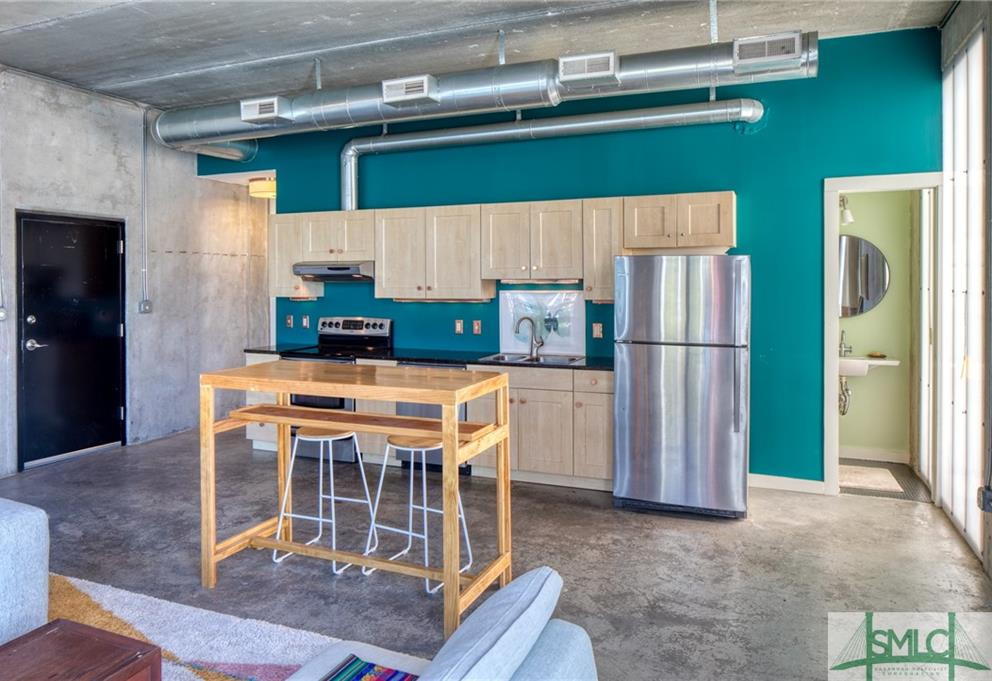April 1st is the Filing Deadline. Georgia Homeowners, don't be fooled into thinking you have…
Real Estate Terms 101: What is a Non-Warrantable Condominium?

Buyers interested in purchasing a residential condominium may encounter a listing with the financing caveat non-warrantable. Before previewing this listing, contacting a mortgage lender, or submitting an offer, what should potential buyers know about the implications of this term?
A quick Google search of the term non-warrantable condo states:
“Non-warrantable condos are condominium units that cannot be sold to Fannie Mae and Freddie Mac on the secondary mortgage market due to their perceived risk. Many lenders will not create loans that cannot be sold on the secondary market, whereas other lenders may charge the homebuyer a larger down payment or a higher interest rate.”
What criteria do lenders use to certify whether a condominium is warrantable or non-warrantable?
Here are 8 factors lenders use to qualify a condo warrantable.
- Construction must be complete.
- More than 50 percent of the units must be owner-occupied.
- An individual or company cannot own more than 10 percent of the condo units in the community; this includes the developer.
- The residents must control the homeowners association.
- More than 75 percent of the residents must be current with their HOA fees.
- The HOA must be financially stable with adequate cash reserves.
- The HOA is not named in any current lawsuits.
- Commercial space must be 35 percent or less of the total building square footage if the community is not exclusively residential.
Why do lenders view condominiums as riskier investments?
- Condominium units are considered riskier investments by lenders compared to single-family homes. With a single-family home, the owner is purchasing a plot of land and has complete control over the maintenance of the interior and exterior grounds.
- Condo owners purchase the right to a unit on land jointly owned by all the homeowners. Maintenance is controlled through the HOA.
- Lenders must consider not only a buyer’s creditworthiness but also the physical and fiscal health of the entire building. Individual owners do not care for the entire building, so mortgage lenders must ensure the association is structurally sound. Lenders must take additional steps to ensure their collateral can easily be sold.
Savannah, GA non-warrantable condo transaction example:

The Starland Design Center Building, 2411 Bull Street, Savannah, GA is an eye-catching architectural example of industrial chic design. Built to LEED green building standards, the complex combines upper-level residential condominium units with street-level commercial spaces.
I have experience listing, marketing, and successfully selling units in this complex. When a current residential unit owner contacted me this year about listing his unit for sale, I knew mortgage lenders would consider his unit non-warrantable. The Starland Design Center residential condos do not meet the residential-to-commercial unit ratio to meet Freddie Mac and Fannie Mae’s guidelines. The first-level commercial units comprise more than 35% of the building’s total square footage exceeding Freddie Mac and Fannie Mae guidelines.
I included the non-warrantable information in the Savannah Multiple Listing Service database to market this condo for sale. This upfront disclosure prevented any financing surprises to potential buyers and alerted cooperating real estate agents to the non-warrantable status of my listing.
A buyer submitted a cash offer two weeks after listing this unit for sale. Following a due diligence inspection period and a review of the current Homeowners Association Documents and Covenants, the buyer determined the Starland Design Center condo was a real estate investment that met all his criteria despite this condo being non-warrantable.
Are you a potential condominium buyer or seller? Before taking action, find a Realtor with experience in listing and selling condominiums and research lenders with a history of condominium mortgage lending.
Pam Peterson
Associate Broker Seabolt Brokers | Christie’s International Real Estate
M: 912.401.2264
O: 912.233.6609
Email: ppeterson@seaboltrealestate.com




